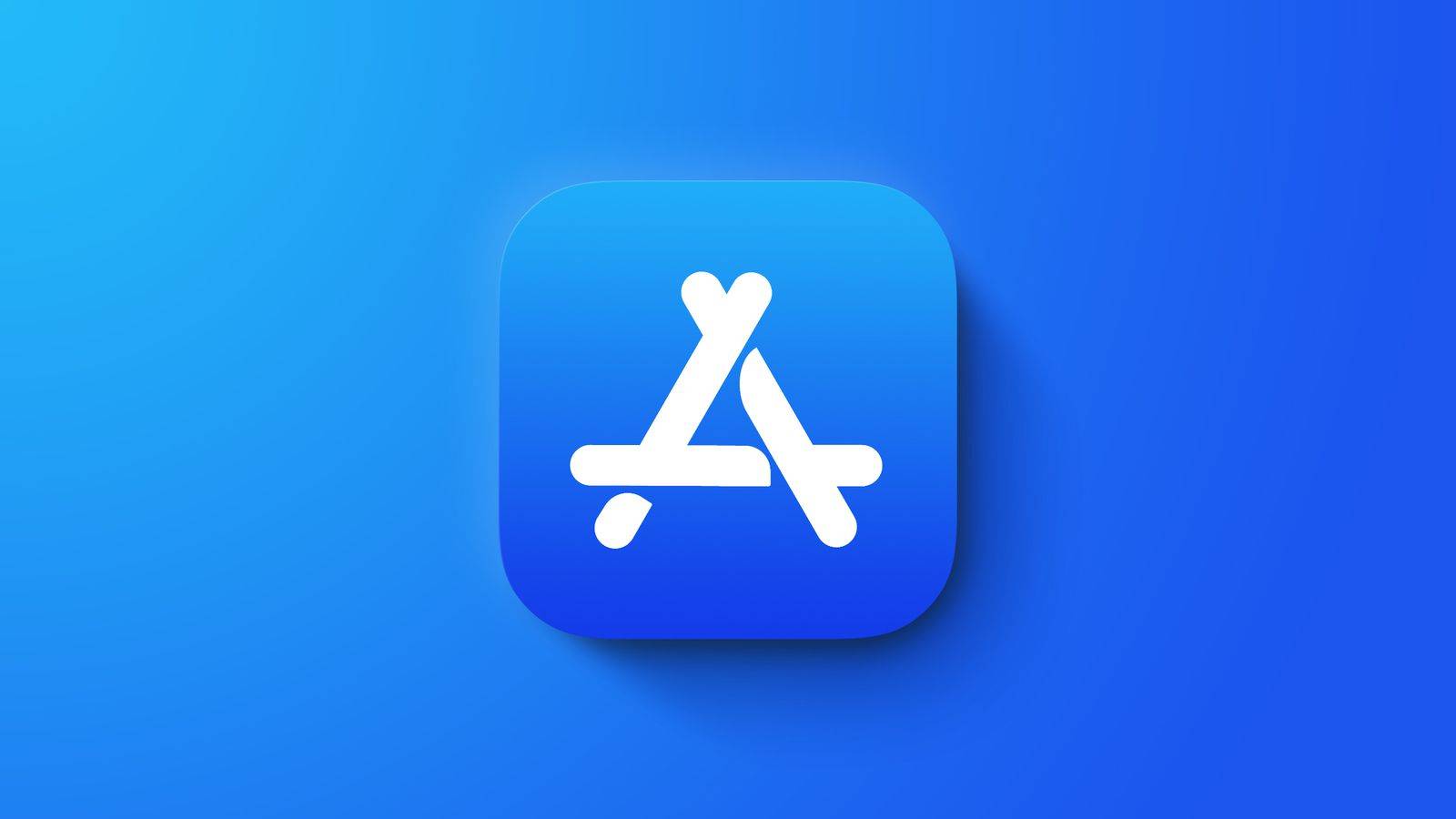Apple Announces Major Changes to App Store and iOS Ecosystem in Response to EU Regulations
Less than two months into the new year of 2024, Apple has already ushered in two major events of the year.
First, Apple Vision Pro has gone on sale, officially opening the era of spatial computing.
The second event is the “epic” update of the App Store. Apple’s official website officially announced that the Apple Store in the European market will allow downloading of apps from third parties starting from March and adjust the commission ratio for app developers.
This change may not be good news for Apple, but it seems to be good news for European users, creators, and the European Union.
For a long time, the App Store has adopted a closed design as its basic principle, and its strict access mechanism has made the Apple ecosystem a safety-first paradise. However, the overly closed policy and high commission ratio have also caused many developers to be dissatisfied.
Apple has provided a detailed update list on its official website. In order to comply with the requirements of the EU’s “Digital Market Act”, Apple has reluctantly cut a lot of flesh.
The App Store is changing. In general, Apple will adjust the existing policies of iOS, Safari, and the App Store in the iOS 17.4 Beta version, and will open it to users in 27 EU countries/regions in March 2024. The specific updates include new options for iOS apps, a new framework and API to replace the App Market, new frameworks and APIs that replace browser engines, and the interoperability application form for developers.
Changes in the Safari browser are also imminent, as iOS users can now set third-party web browsers as the default.
App Store changes will allow developers to use payment service providers, or their external websites to complete service transactions, and Apple will reduce the original 30% commission to 17%. Apple will also introduce a new core technology fee for non-App Store apps.
Apple said that in the EU, more than 99% of developers will reduce their fees to Apple, and less than 1% of developers will need to pay additional application installation fees.
The changes will have a big impact on users and developers, and may lead to security risks with third-party software.
However, the new updates are not just a reaction to market demand; they are a response to EU regulations. The “Digital Market Act” is a hurdle that Apple cannot avoid.
The law is designed to maintain fair competition and innovation in the digital market and requires companies like Apple to allow more competitors to enter the market and provide transparency in the use of algorithms and data.
Apple’s seemingly impenetrable ecological wall has been dug into a big hole by the EU, and with precedent, Apple is likely to be in a relatively passive position in future rulings.
It remains to be seen whether the forced openness of the iOS ecosystem will be a good thing for developers, users, and the market.
